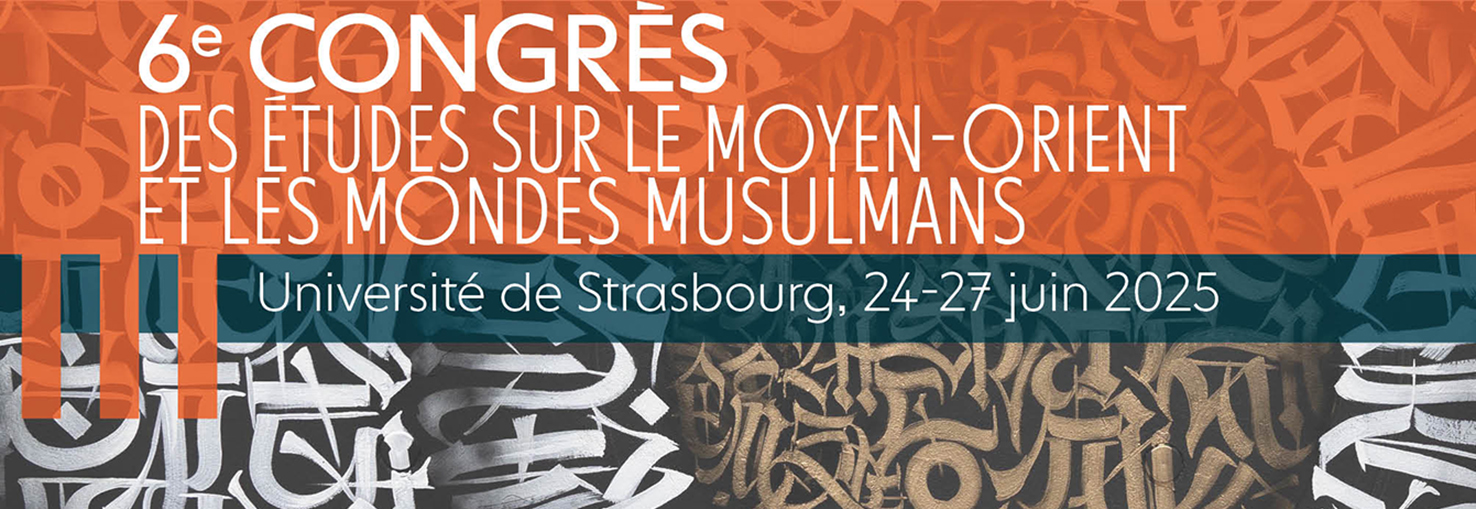Vendredi 27 juin 2025, 14h-16h, Salle 3201
RESPONSABLES :
Najla Nakhlé-Cerruti (Ifpo, MEAE, CNRS, UAR 3135)
Marianne Noujaim (IESAV, Université Saint-Joseph de Beyrouth, LLA)
INTERVENANTS :
Hanane Hajj Ali (IESAV, Université Saint-Joseph de Beyrouth, LLA) : Fabrique d'archives du théâtre collectif libanais Al Hakawati (inventaire, enjeux et problématiques)
Production of archives of the Lebanese collective theatre Al Hakawati (inventory, issues, and problems)
Simon Dubois (Université Lumière Lyon III, Institut d'études transtextuelles et transculturelles, IETT) : L'archive du Monot, un aperçu scénique de la décennie des années 2000 libanaises
The Monot archive, a theatrical overview of the Lebanese 2000s decade
May Touma (IESAV, Université Saint-Joseph de Beyrouth, Université d'Aix-Marseille, LLA, LESA) : L'archive et la reconstruction de la mémoire dans la création théâtrale de Chrystelle Khodr
The archive and reconstruction of memory in the theatrical creation of Chrystelle Khodr
Joseph El Khoury (IESAV, Université Saint-Joseph de Beyrouth, Inalco, LLA, Cermom, EA 4091) : À la recherche des documents d'archive des sources théoriques du théâtre arabe
In search of archival documents on the theoretical sources of Arabic theater
DISCUTANTES :
Najla Nakhlé-Cerruti (Ifpo, MEAE, CNRS, UAR 3135)
Marianne Noujaim (IESAV, Université Saint-Joseph de Beyrouth, LLA)



